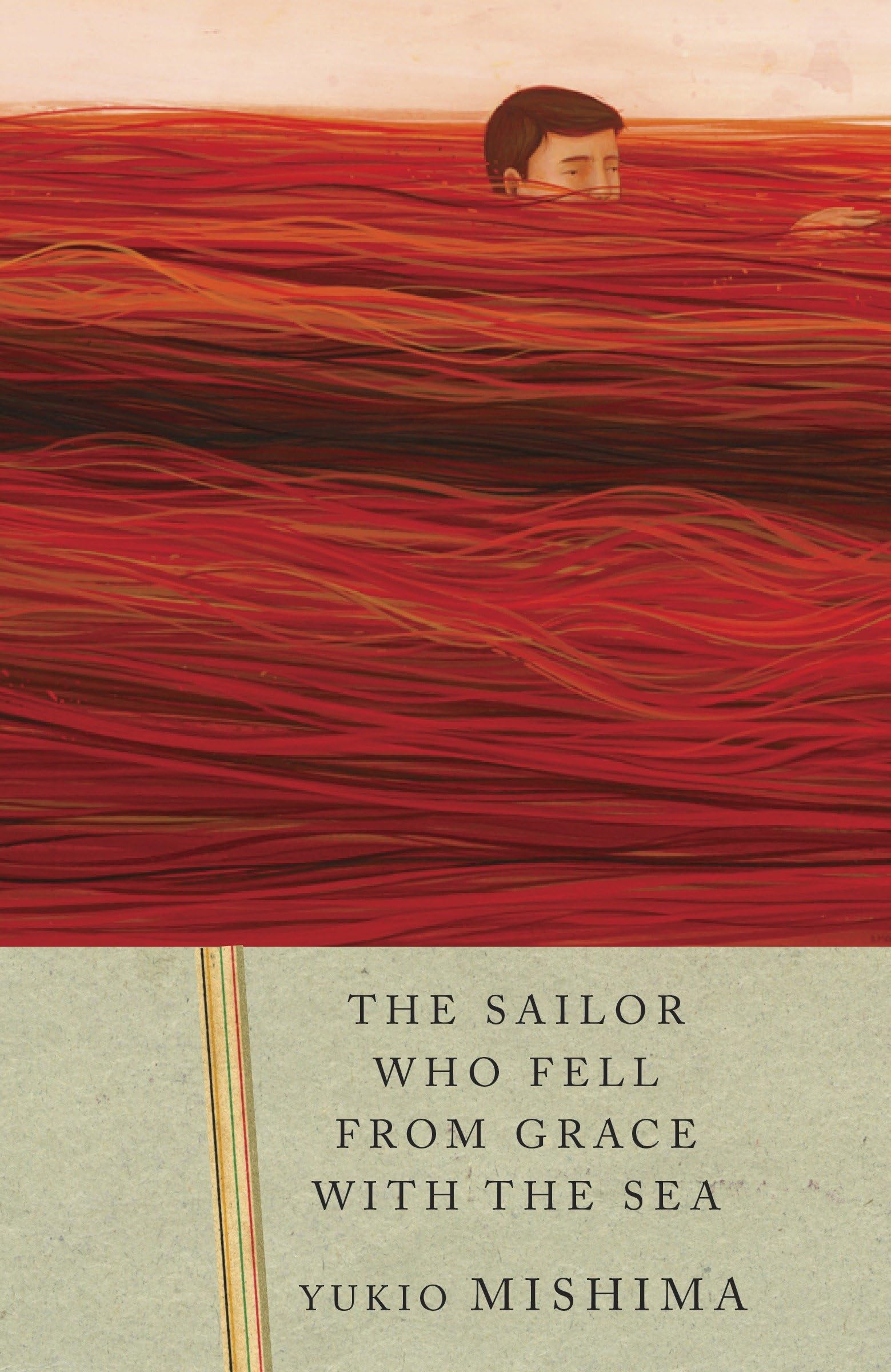

Full description not available
C**Y
The perfect novel.
In my Mishima binge it's easy to adapt to the feeling that each chronologically subsequent novel will become my latest favorite. It's another thing altogether to feel, upon reading The Sailor Who Fell From Grace With The Sea, that I've encountered my latest favorite, perfectly chiasmic novel of all.As much as I have come to appreciate with spontaneous astonishment the beauty and clarity of Mishima's descriptions, their integrity and definitive distillation of scene and psyche, it is the mastery and inevitability of the multi-various strands of narrative, intuitive and meditative counterpoint resultant in a skein of delusion, greatness in escalating factors of consummate cruelty,, solidity and innate hatred of it, trust in and betrayal by the best expectations of youth and innocence.This ricercare is woven of the interior and exterior voices of 13-year old Noboru, Ryuji, the eponymous Sailor, and finally, although we have seen her since the earliest pages, have indeed seen her first night with Ryuji through Noboru's Hitchcockean peephole into her room, Noboru's single mother, Fusako is finally named and eventually given voice to her dreams, doubts and equivocations.The overarching superego is horrifically, tragically cast as a prepubescent Animal Farm-like cult of nihilist pre-Incels. As frightening is their leader's, their disfigured Chief's anarchist manifestoes can be in their occasionally compelling moments of manipulation, there is a rite of passage involving cruelty to a stray kitten that will not only preclude my recommending this book to any of my fellow cat-lovers, but even more horrifyingly, serves as a mere appetizer of things to come, inexorably, inevitably.
H**Y
The horror, the horror ...
Yukio Mishima was a true master of confronting themes, written with great style. His descriptions of place are wonderful, plucking out one small pine bathed in sunlight in the midst of the desolation of an industrial landscape. You soon sense the underlying tension of this book - steadily emerging from the beauty, you know that this is going to end badly, with an unavoidable horror that is coming ... Gripping stuff. Thankfully no splatter-fest - but the cold, sociopathic "chief" and his nihilistic accolytes are truly frightening. The inevitability of what will be done is left to haunt you.Sure, you can read it at a number of levels - a contemporary view of a post-war Japan, a treatise on charismatic but psychopathic leadership, whatever. Or maybe just take it as a beautifully written tale of suspense and horror. Either way, it is great literature.Not one for the faint hearted - the cold, hard suspense is difficult to bear.
D**O
Haunting and Provocative
**Title: Haunting and Provocative****Review:**Yukio Mishima’s "The Man Who Fell from Grace with the Sea" masterfully explores youth, disillusionment, and the clash between tradition and modernity. The story of Noboru, a boy torn between admiration and resentment for naval officer Ryuji, delves into the darkness of human nature. Mishima’s poetic prose and stark themes create a chilling, thought-provoking narrative on the loss of innocence and the harsh truths of life. This is a compelling read for those who appreciate literary fiction that probes deeply into the human psyche.Highly recommend for those who appreciate literary fiction that delves into the darker recesses of human the experience!
E**O
Any sailor who has given up the sea can relate
As a former sailor who gave up the ocean, and as a man who life in Japan… this novel hit very close to the heart. Mishima’s novel capture’s essence of the Japanese spirit. His words so vivid you can almost taste them. A splendid and btrutal work of literature.
B**N
Mishima is the yin to Hemingway's yang
The book itself is short, but sweet. Well, sweet in a sickening sort of way.I love the characters, I love the way Mishima-san wrote descriptions, a lot of books fail to actually pull me into the moment. For better or worse, at certain parts of the story; I feel like I'm right there experiencing it as well. Either as a curious observer or unwilling participant.It's a great book that I think every man should read.
J**E
Good read, disturbing story
The book is beautifully written, in many places more like poetry than prose, however this detracted from the sensory experience of reading a book as I sometimes had to reread several paragraphs to understand the descriptions and get their complete meaning- at least at my modest reading level. This book will definitely benefit from multiple readings.The philosophies of the child Noboru and his motley crew are vile to say the least and made me feel quite uncomfortable. What is more disturbing and impressive, though, is Mishimas capacity to perfectly conceptualize and flesh out such outlandish ideas. This shouldn't come as a surprise given his life and maxims, which I encourage people look into before reading his work. I certainly hope no real children out in the world are burdened by such thoughts.In closing, this book is a well written and painstakingly thought out classic that people should read. However, it isn't something that I would go out of my way to wholeheartedly recommend either.
R**L
Great Novel
Enjoyable novel and if you like any of Yukio Mishima's other books or even just enjoy the premise, I promise you'll enjoy it. Only thing is some of the content is heavy so be aware.
J**Y
Great Novel
Great novel, very descriptive, and all-around interesting.
Trustpilot
2 weeks ago
1 month ago